My 1920s Reading List

I am a capital-R reader - I always have been, and I'm pretty sure that I always will be. If you sense a "but" coming, well, you're not wrong; I'm a reader, but I don't really care for "classic" literature. I guess I just prefer there to be an element of escapism to my reading material. Lately, though, I've been branching out a bit and trying out some books that are both relevant to my interests and more widely recognized in the literary canon.
Gentlemen Prefer Blondes by Anita Loos
Most, if not all, of you will be familiar with the 1953 film starring Rosalind Russell and Marilyn Monroe - it's a classic! I've loved the movie for years, and I'll often watch it again if I can't find anything else on Netflix that I'm in the mood for, so recently I decided to sit down with the book that it was based on.
Written by Anita Loos and published in 1925, the book is from the point of view of the Marilyn character, Lorelei. The writing style takes a bit of getting used to - it's Lorelei's diary, and Lorelei is... well, if you've seen the movie, you know that she's smarter than people give her credit for, but she's still not the sharpest tool in the shed. Loos uses repetition and malapropisms to create a weird sort of post-modern poetry out to Lorelei's ramblings, and once you understand its rhythms it flows along more easily.
Lorelei Lee is a "little girl from Little Rock," living off her looks in New York City. Although the tone of the book is light and comic, getting a lot of mileage out of Lorelei's delusions of refinement, it's also surprisingly dark - there's sex (and allusions to rape), murder, espionage, and theft. Lorelei does (spoiler alert!) ultimately get her happy ending, but it does raise the question of whether being tied to a wealthy man is worth giving up one's independence. It's easy to see the seeds of the movie within the novel - Dorothy is there, and the cruise ship to Paris, and Gus Eisman and Mr. Henry Spoffard, and a diamond tiara, but the focus is entirely on Lorelei and her inner life, something we don't see much of in the film.
Decline and Fall by Evelyn Waugh
Did anyone else spend their entire life thinking that Evelyn Waugh was a woman? I guess that's what I get for neglecting my classic literature.
Paul Pennyfeather, an upright middle-class young man, is abruptly kicked out of Scone University after getting tangled up in a debauched evening involving one of the school's clubs. Disinherited by his icy guardian, he finds himself working (not very hard) at a boy's school in Wales.
As the novel itself says, Paul isn't particularly interesting, but for some reason interesting things happen around him, and odd people always seem to want to tell him their life stories. He falls in love with a wealthy woman, but then takes the fall for her after a she becomes embroiled in a scandal. Sentenced to several years in prison, he finally fakes his death, and, at last, ends up right back where he started - enrolled at Scone, pretending to be a distant relation to the Paul Pennyfeather who was expelled.
This was probably my favorite of the books that I read for this post - the satire is sharp, but the tone is light and comic, even as Paul's circumstances decline.
Lady Chatterley's Lover by D.H. Lawrence
Considering how often and for how long this book was banned after it was published in 1928, I decided that I had to read it, just to see what all the of the fuss was about! Often dismissed as smut or derided for it's immorality, it's... Well, it's fine. As a modern reader, it didn't seem particularly naughty to me, and the central love story left me cold.
To backtrack a bit, the Lady Chatterley in question, Connie, is a young woman married to a man, Clifford, who was crippled in the war. Depressed by her isolation at their country estate and revolted by her husband, who has become obsessed with intellectual pursuits, she embarks on an affair with a laborer, seeking both an emotional and physical closeness that her life has lacked since her marriage.
There are certainly things to appreciate in novel - the focus on Connie's internal life, and the importance placed on her physical pleasure. There's nothing male-gazey about the way the sex is depicted, which is honestly refreshing after reading something like The Tiger Lily, which, despite being written by a woman for a primarily female audience, is all about the male gaze. The issues that I had with it are the ones that I have with a lot of the literary canon - really, really long passages that just delve into the preoccupations of upper class white dudes, and not in a fun way. There's a big chunk early on in the book that's about a gathering with Clifford and his literary friends, and my eyes just glazed over as they rambled on about being men of the mind. Perhaps that was intentional on Lawrence's part - to give us some conception of what Connie felt, sitting through the gathering - but something that is boring for a character doesn't have to be boring for the reader as well.
I tried to steer clear of some of the most obvious choices - The Great Gatsby, Babbitt, other books that you might have read in a high school lit class - so hopefully there's something in here that's new to you! What books written in the 1920s would you recommend?



